When Fubo subscribers tried to tune into their favorite NBC shows last Thursday evening, they got an unwelcome surprise instead of "The Voice." At exactly 5 p.m. ET on November 21st, NBCUniversal channels went dark on the streaming platform, leaving 1.63 million North American subscribers without access to dozens of popular networks (TV Technology). But this isn't your typical carriage dispute—it's turned into a high-stakes battle with serious accusations flying in both directions about discriminatory practices and anti-competitive behavior.
What makes this particularly messy is the context. Fubo now operates under Disney's majority ownership after a recent merger, and the company is claiming NBCUniversal is demanding pricing terms that are "egregiously above those offered to other distributors" of similar size (The Wrap). NBCUniversal, for its part, maintains it offered the same standard terms that "hundreds of other distributors" have already accepted (TV Technology).
Here's the thing—these disputes usually get resolved behind closed doors with a few terse press releases. This one has escalated into public accusations of discriminatory practices, with both sides essentially calling each other liars. The stakes go beyond just getting channels back on Fubo's platform. This conflict reveals deeper tensions about how content gets distributed in an increasingly consolidated streaming landscape, and the outcome could influence similar negotiations across the industry.
What's really behind the breakdown?
The dispute centers on three major sticking points that go well beyond typical fee negotiations. First, there's the pricing issue that has Fubo crying foul about discriminatory treatment. The streaming service alleges NBCUniversal offered terms "egregiously above those offered to other distributors" of comparable size (The Wrap). This isn't just about paying more money—it's about whether NBCUniversal is treating Fubo differently than competitors like YouTube TV or Hulu + Live TV.
The second major complication involves NBCUniversal's upcoming corporate restructuring. Starting January 1st, several cable networks will spin off into a new company called Versant (TV Technology). NBCUniversal wants Fubo to sign a multi-year agreement covering these channels even after they'll be owned by a completely different entity (The Wrap).
Now, imagine being asked to commit to buying someone's product for multiple years, knowing they're about to sell that product line to another company entirely. That's essentially what Fubo is facing here. The streaming service countered with an offer to carry the Versant channels for just one year, but NBCUniversal rejected this compromise (TV Technology). From Fubo's perspective, why should their subscribers "subsidize these channels" that may not even be worth the cost (The Wrap)?
The third flashpoint involves Peacock integration and channel bundling flexibility. This is where things get particularly interesting from a competitive standpoint. NBCUniversal has allowed YouTube TV and Amazon Prime Video to integrate Peacock directly into their channel stores, giving those platforms a seamless way for subscribers to access all content in one place (The Wrap). But they're refusing to extend the same privilege to Fubo, which wants to offer subscribers the convenience of accessing "all of their content in one place and seamlessly pay on one bill" (TV Technology).
Additionally, NBCUniversal is pushing Fubo to include expensive non-sports channels in their packages, which would force the streaming service to abandon its recently launched sports-focused offering (TV Technology). This hits at the core of Fubo's business model—they've built their brand around serving sports fans who want targeted content without paying for channels they don't watch.
How this affects Fubo's 1.6 million subscribers
The blackout has left Fubo's 1.63 million North American subscribers in a frustrating position, losing access to a massive portfolio of NBCUniversal content (The Wrap). We're not just talking about NBC here—the affected channels include dozens of popular networks like Bravo, CNBC, MSNBC, E! Entertainment, Golf Channel, Syfy, USA Network, and various NBC local affiliates (Decider).
When subscribers try to tune into these channels now, they're greeted with a message stating that Fubo is "working hard to bring this channel back" and remains hopeful about ongoing negotiations (Decider). It's the kind of message that subscribers have unfortunately become familiar with across various streaming platforms.
To compensate affected customers, Fubo has promised a $15 credit on subscribers' next billing cycle if NBCUniversal programming remains unavailable "for an extended period of time" (The Wrap). The company has also assured subscribers that any cloud DVR recordings of NBCUniversal content will remain accessible until they naturally expire or get manually deleted (The Wrap).
But here's the reality—it remains unclear when or if these channels will return to the platform (Decider). This blackout represents just the latest in what's becoming a concerning pattern for Fubo, which has previously lost programming from TelevisaUnivision, Discovery, SportsNet New York, various local station groups, and AMC Networks in recent years (The Wrap).
Unlike competitors such as YouTube TV—which successfully completed carriage negotiations with NBCUniversal in October (The Wrap)—Fubo seems to face more frequent and prolonged disputes. This pattern suggests either that Fubo's negotiating approach differs significantly from industry norms, or that content providers are indeed treating the streaming service differently than its competitors. For subscribers, it creates ongoing uncertainty about what content will actually be available when they pay their monthly bill.
The bigger picture: Disney ownership and industry dynamics
This dispute takes on additional layers of complexity when you consider Fubo's recent corporate transformation. The streaming service recently merged with Hulu + Live TV to create a combined entity serving nearly 6 million North American subscribers, with Disney owning 70% of the new company and Fubo retaining 30% (The Wrap).
This Disney connection fundamentally changes the negotiating dynamics. NBCUniversal may view Fubo differently now that it's backed by one of the industry's most powerful players. You might be wondering: if Disney owns most of Fubo, why can't they leverage their massive content portfolio and industry relationships to get better deals? The answer may lie in Disney's own competitive interests—they operate Hulu + Live TV and Disney+ as direct competitors to NBCUniversal's Peacock service, creating potential conflicts of interest in these negotiations.
The timing also tells an interesting story. NBCUniversal recently completed successful carriage negotiations with Google in October, suggesting the media giant isn't having universal problems reaching deals with streaming distributors (The Wrap). This pattern supports NBCUniversal's argument that it's offering standard industry terms, while potentially undermining Fubo's claims of discriminatory treatment.
Meanwhile, Fubo is fighting broader industry battles beyond this carriage dispute. The company has been actively involved in the Preserve Viewer Choice Coalition, which opposes efforts by local broadcast stations to have streaming services reclassified as traditional cable TV companies (Cord Cutters News).
Such a reclassification would force streaming services to negotiate directly with local stations and potentially pay additional regulatory fees, which could drive up consumer costs (Policy Band). Based on current subscriber numbers, these additional fees could add up to $16.4 million across the industry (Cord Cutters News). It's yet another regulatory battle that could reshape how streaming services operate and what consumers ultimately pay.
What happens next in this streaming standoff?
The resolution of this dispute will likely depend on whether either side blinks first, but both companies have strong incentives to reach a deal. For Fubo, losing NBCUniversal's popular programming portfolio significantly weakens its value proposition to subscribers, especially during peak viewing seasons when shows like "The Voice" and NFL coverage drive viewership (Decider).
The company has stated it remains "engaged in good faith negotiations" and believes customers should have multiple distributor options for accessing content they love (Decider). However, Fubo's track record of multiple carriage disputes in recent years creates a concerning pattern that raises questions about the platform's long-term viability as a comprehensive streaming solution.
For NBCUniversal, this dispute represents a test of its negotiating strategy across the streaming landscape. The company maintains that Fubo "chose to drop NBCUniversal programming despite being offered the same terms agreed to by hundreds of other distributors" (The Wrap). If that's true, then NBCUniversal likely feels confident in its position. However, if Fubo's allegations of discriminatory treatment gain traction or lead to regulatory scrutiny, it could complicate NBCUniversal's relationships with other streaming partners.
The broader implications extend far beyond these two companies. This dispute highlights ongoing tensions between traditional media companies and streaming platforms over pricing, packaging flexibility, and integration rights. As the streaming market continues consolidating and competition intensifies, these carriage disputes may become more frequent and contentious.
What's particularly interesting is how this plays out against the backdrop of Fubo's other legal battles. The company has been fighting Disney, Warner Bros., and Fox over their planned Venu Sports joint venture, alleging anti-competitive practices in the sports streaming market. Now they're owned by Disney and fighting NBCUniversal over similar bundling and pricing issues. The irony isn't lost on industry observers—Fubo is simultaneously battling against bundling practices while being owned by a company that could potentially engage in similar tactics.
Bottom line: The outcome here could set important precedents for how similar negotiations unfold across the industry, particularly as more media companies restructure their operations and streaming services fight to maintain competitive pricing for consumers. For Fubo's subscribers, the waiting game continues—with their $15 credit serving as a small consolation for the programming they're missing while these corporate giants duke it out. The real question is whether this becomes another brief disruption or a longer-term fracture that forces subscribers to reconsider their streaming choices entirely.





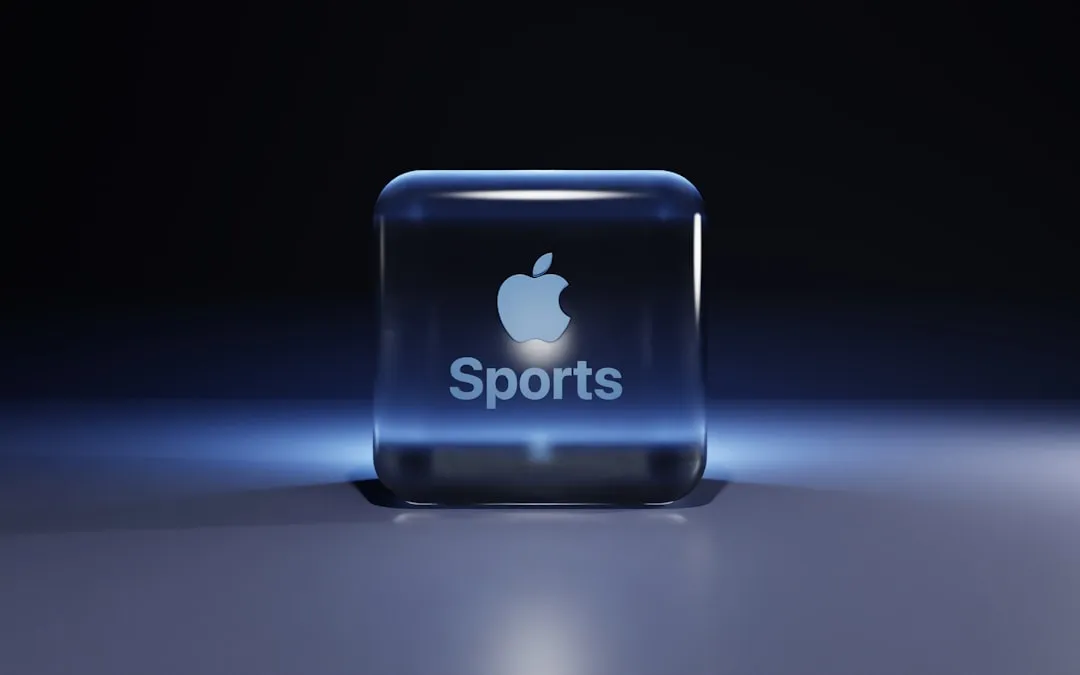

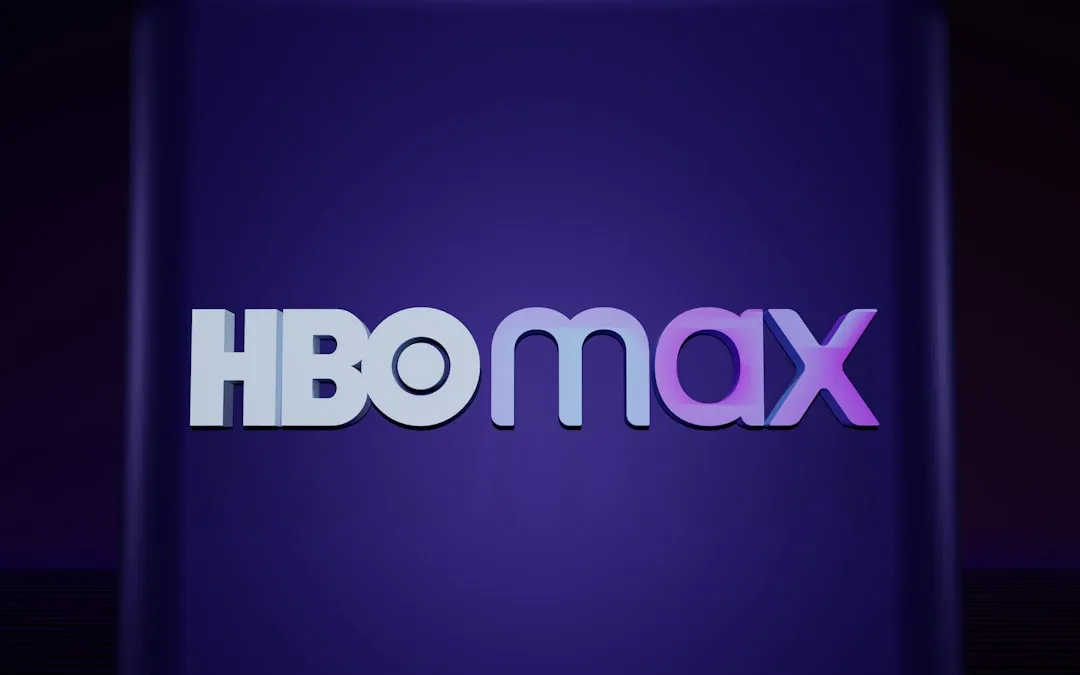
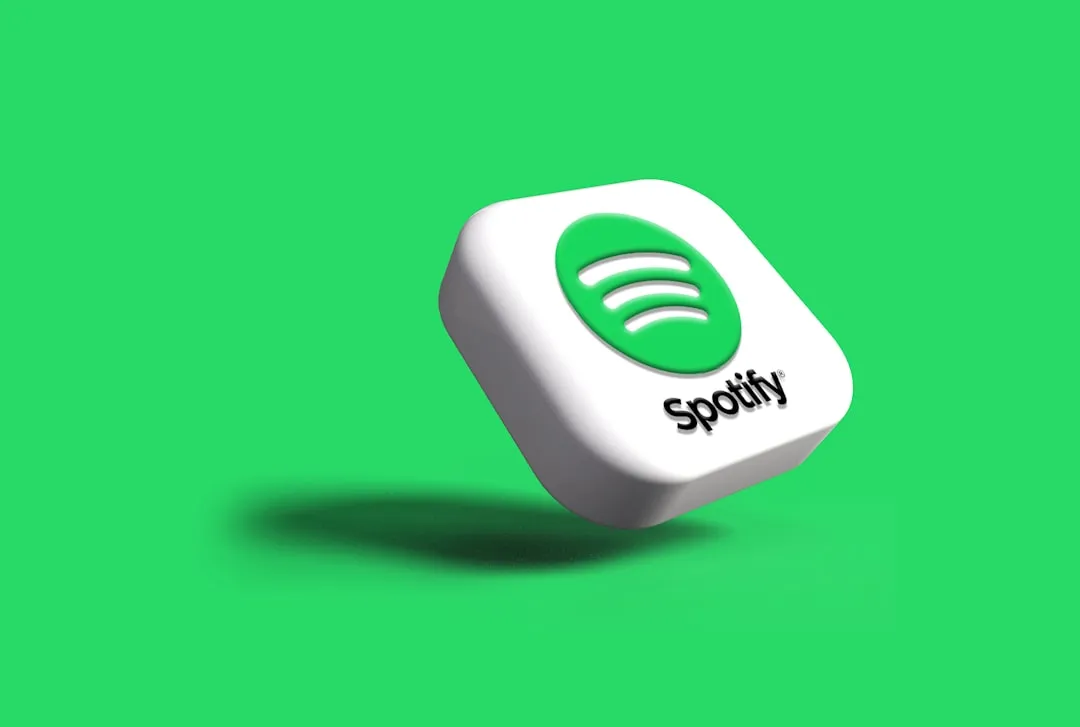
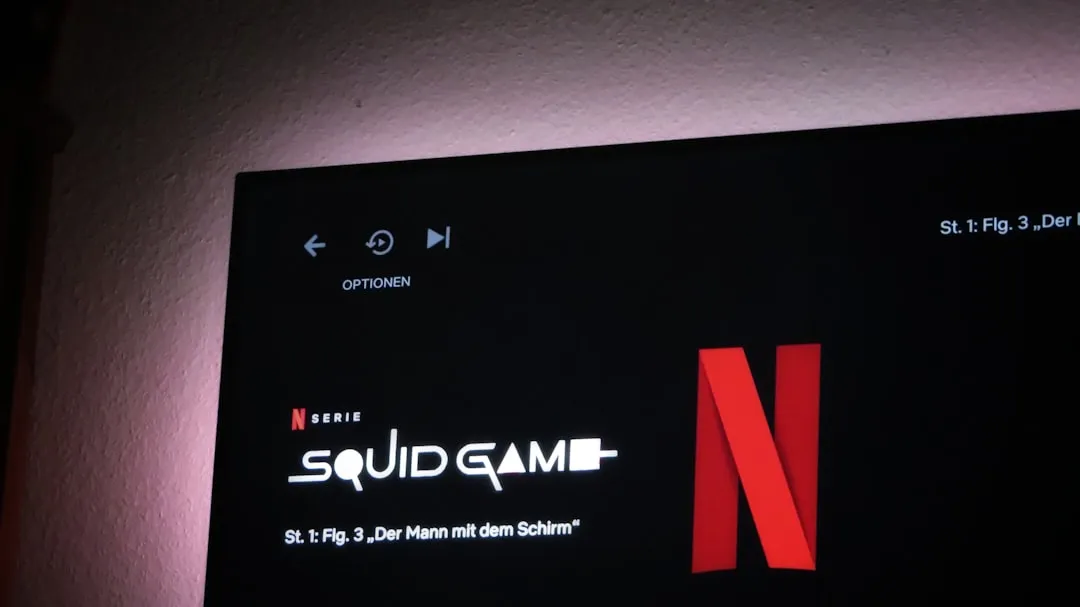
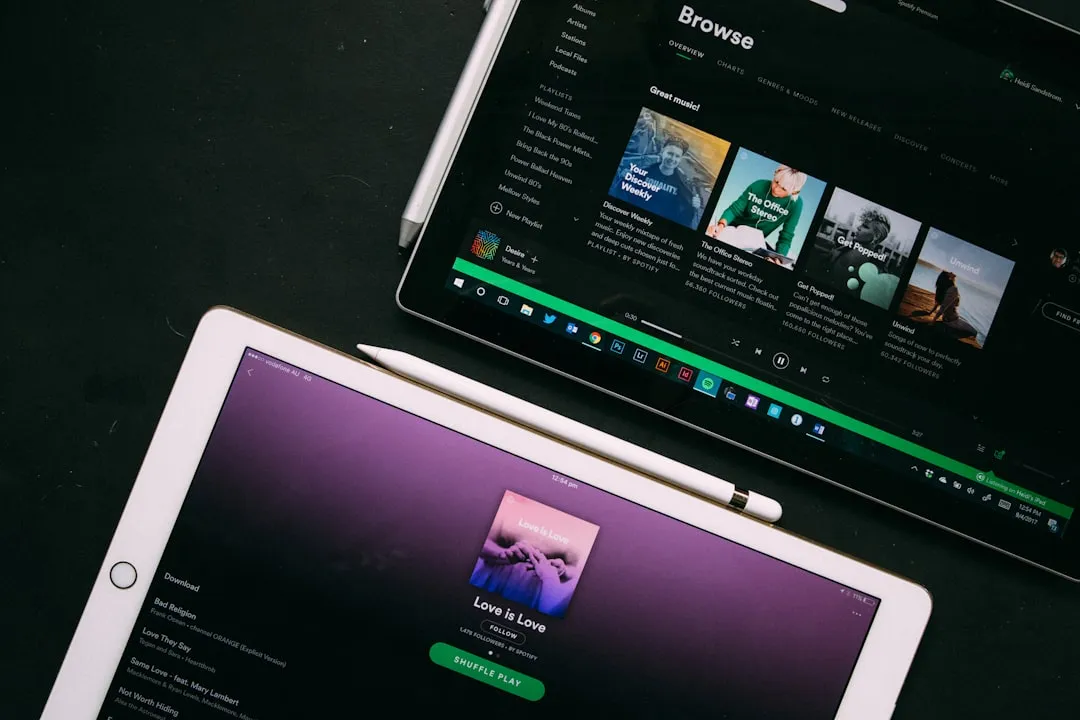

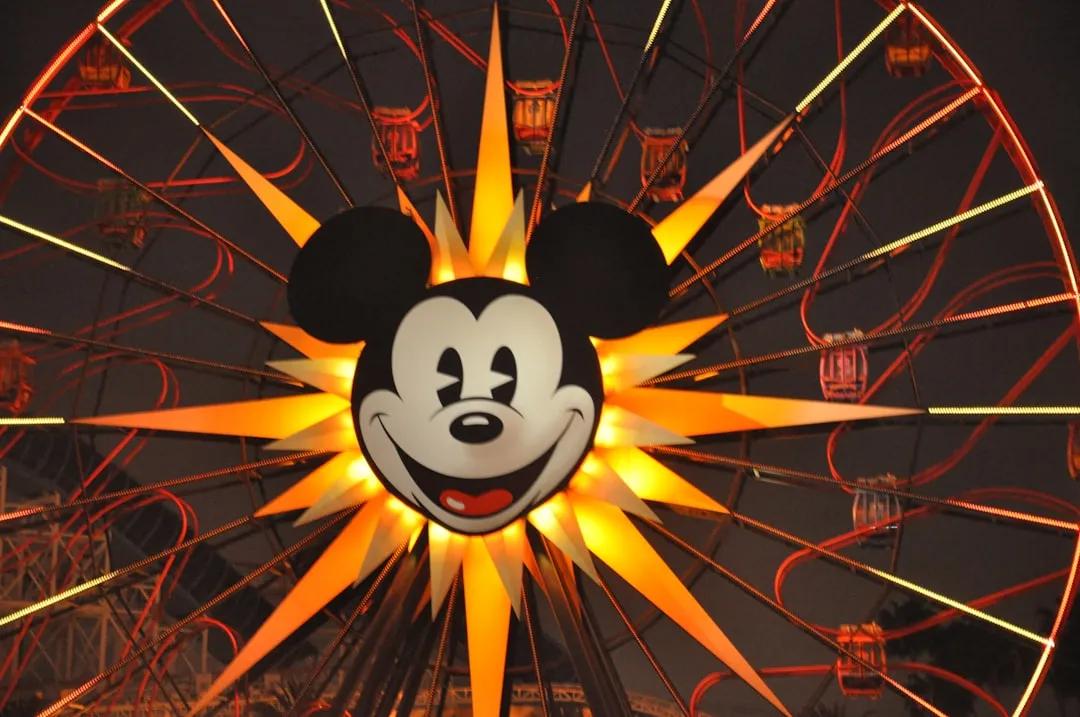
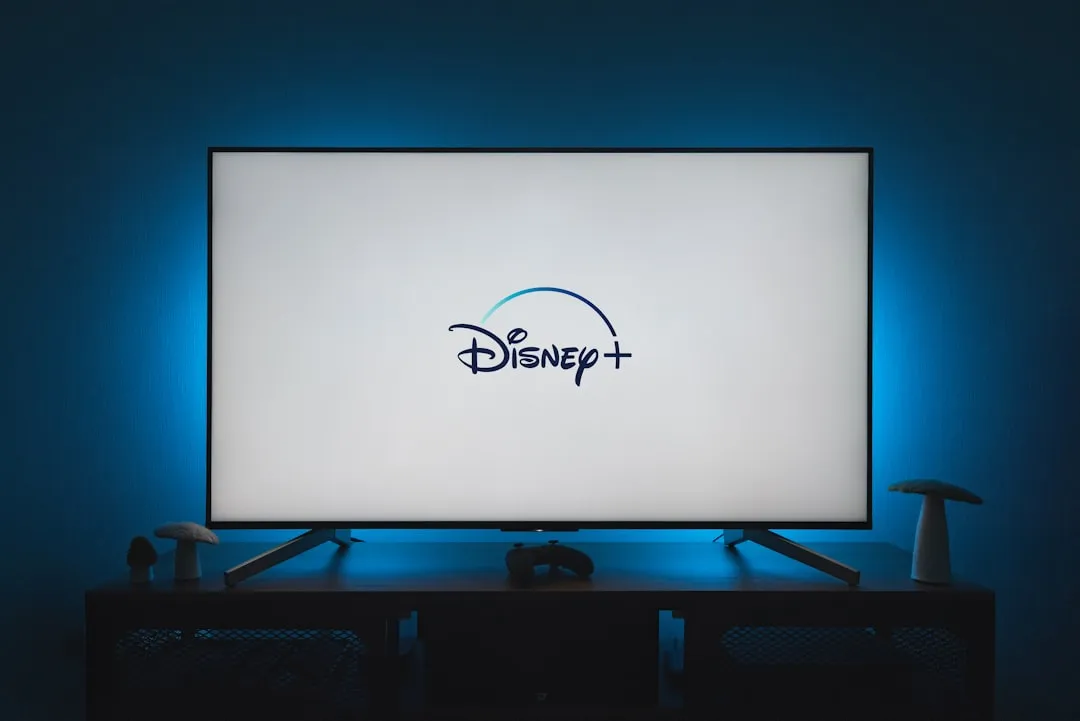


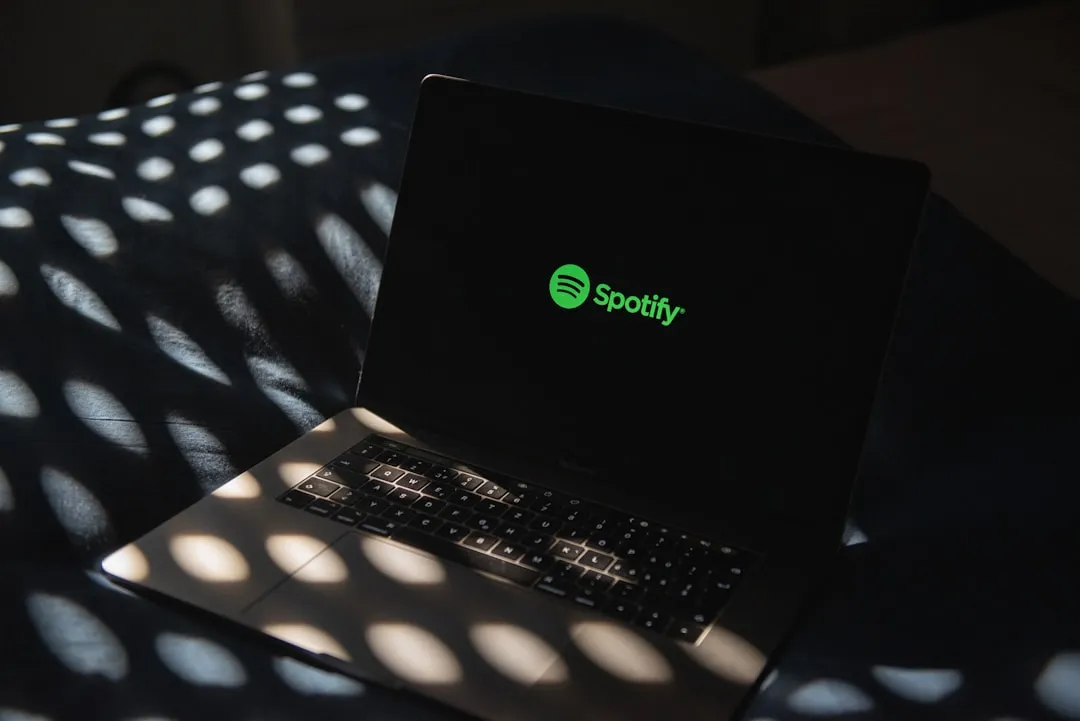
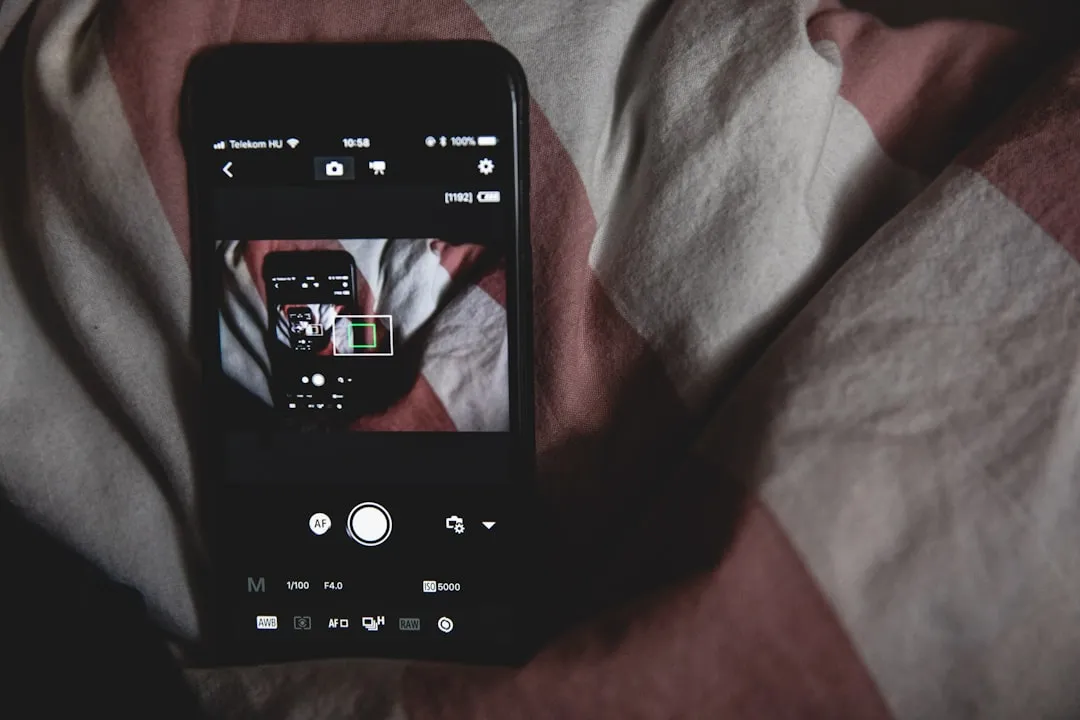
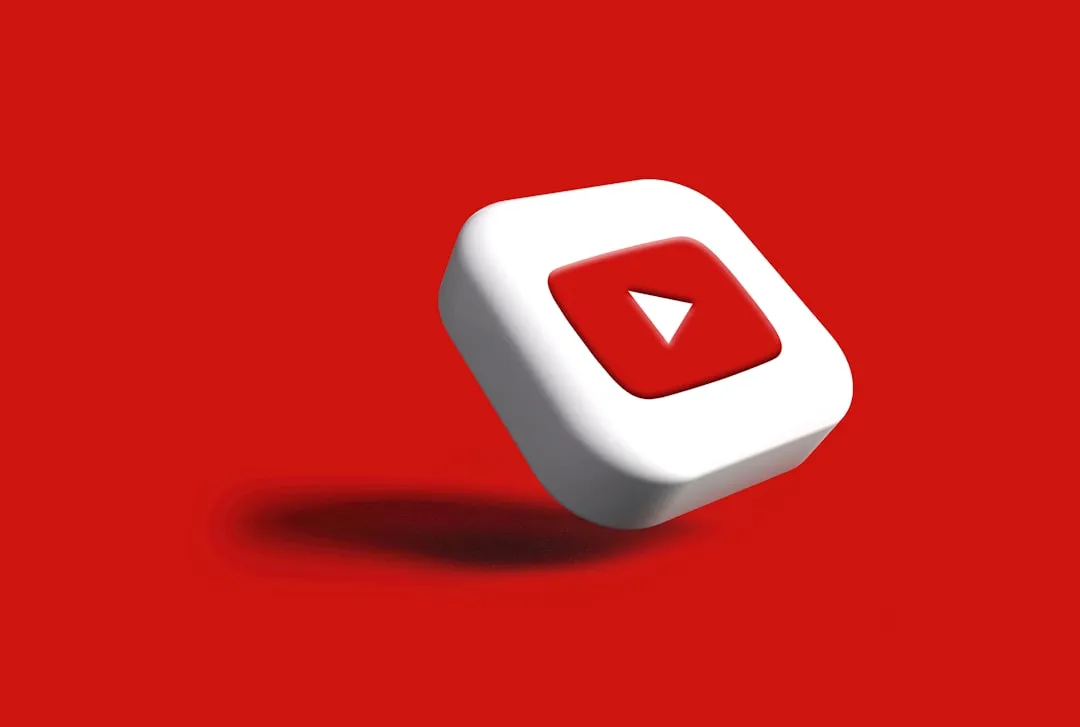
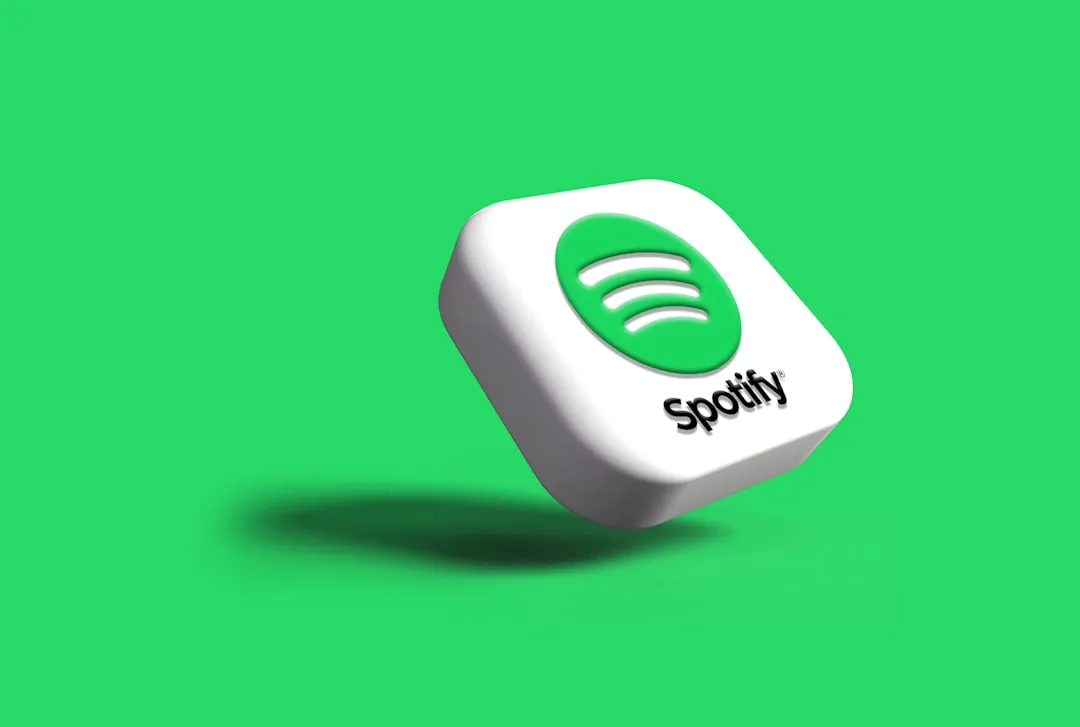
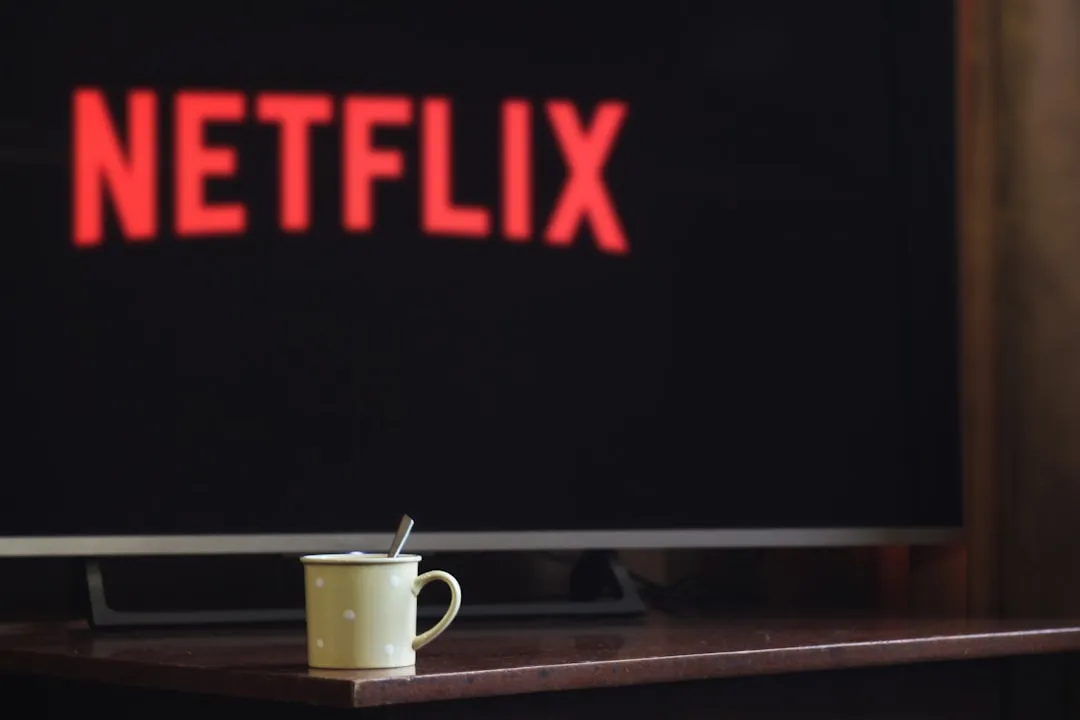
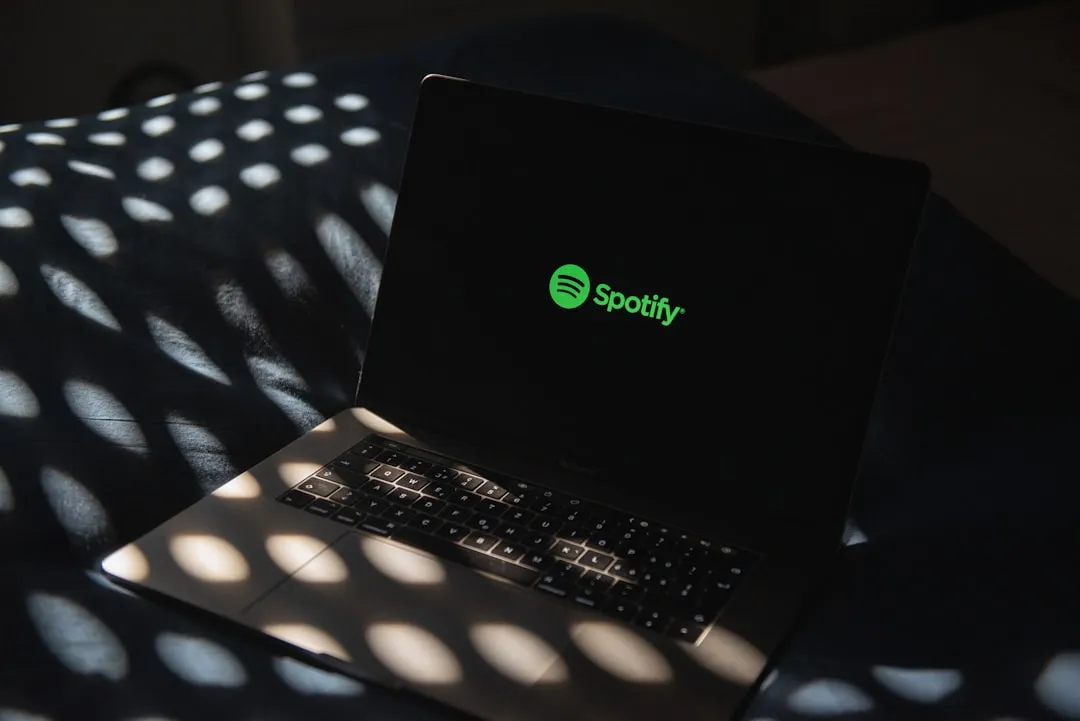
Comments
Be the first, drop a comment!